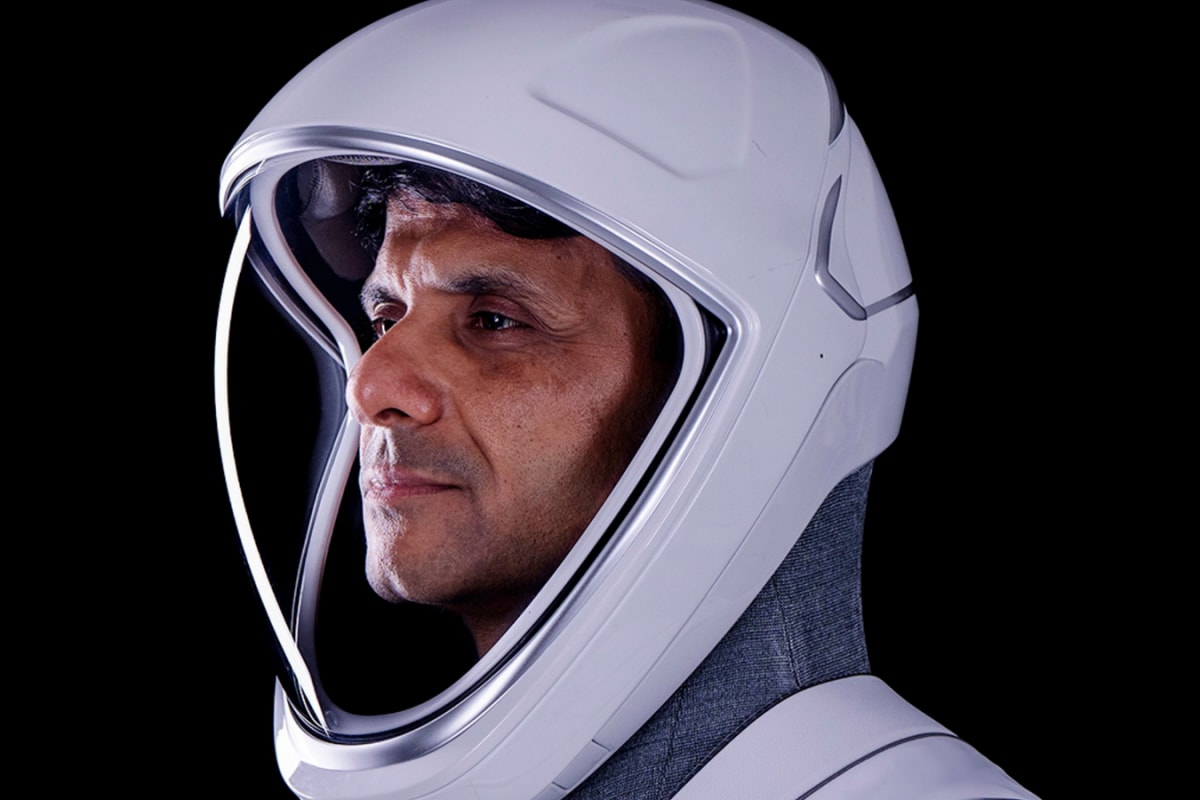

History has been scripted in the skies as the SpaceX Dragon spacecraft, carrying Indian Air Force Group Captain Shubhanshu Shukla and three other astronauts, successfully docked with the International Space Station (ISS) today, June 26, 2025, at approximately 4:30 PM IST. This landmark achievement marks a monumental moment for India, with Shukla becoming only the second Indian to venture into space, following Rakesh Sharma in 1984, and the first to ever set foot on the ISS.
The Axiom Mission 4 (Ax-4), a collaborative effort between Axiom Space, NASA, and SpaceX, launched from NASA's Kennedy Space Center in Florida on Wednesday, after enduring several delays. Aboard the Dragon capsule, named 'Grace' by the crew, alongside Shukla are mission commander Peggy Whitson of the United States, a former NASA astronaut, and mission specialists Slawosz Uznanski-Wisniewski of Poland, and Tibor Kapu of Hungary. This mission is particularly special as it marks the first time astronauts from Poland and Hungary have traveled to the ISS.
The journey to the ISS was a carefully orchestrated ballet of orbital mechanics. The Dragon spacecraft, perched atop a Falcon 9 rocket, executed a series of phasing burns to precisely align its trajectory with the ISS, which orbits approximately 420 kilometers above Earth. The docking process itself is an autonomous procedure, with the Dragon capsule utilizing radar-based systems and rendezvous antennas to connect with the space-facing port of the ISS's Harmony module. Upon successful contact, initial magnetic latches engaged, followed by a complete lock and the creation of a pressure-tight seal.
Prior to docking, Shukla shared his experience of the launch and initial hours in space, describing the feeling of being pushed back in his seat during liftoff and the subsequent sensation of floating in the silence of vacuum. He greeted people with 'Namaskar from space' from the Dragon spacecraft, adding that he was learning to live in microgravity conditions “like a baby” and it was an amazing experience to float in vacuum. He also introduced 'Joy', a toy swan that is the zero gravity indicator, and the fifth “crew member” on the Axiom-4 mission.
The Ax-4 crew will spend approximately 14 days aboard the ISS, where they will conduct over 60 science investigations and STEM outreach events. These experiments will explore various aspects of microgravity, including its effects on the human body, materials science, and advanced technologies. The crew will join the seven-member Expedition 73 crew already on board the ISS, participating in a welcome ceremony and safety briefing before commencing their research activities.
Shukla's journey is seen as a major stepping stone for India's own human spaceflight program, Gaganyaan, planned for 2027. In a statement after liftoff, Shukla expressed his hope that his mission would inspire an entire generation in India and ignite curiosity among children. He called his mission a small but solid step towards India's human space program.
The successful docking of the Dragon spacecraft represents not only a personal triumph for Shubhanshu Shukla but also a proud moment for India's burgeoning space program and a testament to international collaboration in space exploration. It signifies a new chapter in India's spacefaring journey, paving the way for future generations of Indian astronauts to reach for the stars.